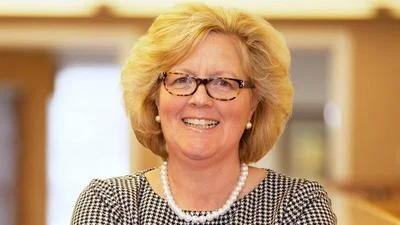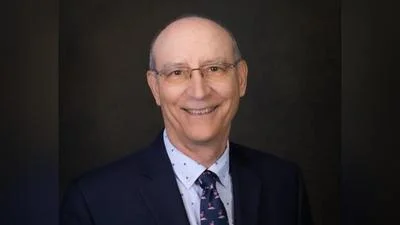State Representative David Friess (IL) | Representative David Friess (R) 115th District
State Representative David Friess (IL) | Representative David Friess (R) 115th District
In the final moments of the Illinois House of Representatives' 2024 Veto Session, a motion was proposed by House Republican Floor Leader Patrick Windhorst to end the session without setting a date to reconvene. This motion was rejected by House Democrats, allowing for the 103rd General Assembly to reconvene in early January for a "lame duck session."
Rep. Friess expressed concerns about this period, stating, "We’ve seen in past lame duck sessions how Democrats have used this time to push through bad bills that don’t reflect the will of the people. I strongly oppose the misuse of this session to advance harmful policies at the last minute. Illinoisans deserve transparency and legislation that truly serves their best interests, not rushed, partisan agendas."
A lame duck session occurs when members meet after an election but before new members are sworn in. It allows outgoing legislators to continue lawmaking despite having no future obligation to their constituents.
During these sessions, legislation can pass with a simple majority of 60 votes instead of the three-fifths supermajority required during Veto Sessions. This rule change provides opportunities for passing contentious bills more easily.
There is criticism that these sessions allow outgoing legislators to legislate without accountability and that significant pieces of legislation can be advanced with little deliberation.
House Republicans have advocated for reforms to limit or eliminate lame duck sessions altogether. Former Illinois House Minority Leader Jim Durkin proposed a constitutional amendment aimed at ending such sessions by moving inauguration dates and limiting reconvening circumstances.
The upcoming lame duck session from January 4th to 7th may see controversial bills filed or passed as Illinois faces an estimated $3 billion budget deficit. The agenda could also include discussions on addressing Illinois’ unfunded pension debt exceeding $140 billion.
High-ranking Democrats have expressed intentions to introduce laws counteracting potential federal policies following the 2024 Presidential Election, focusing on progressive social ideals which may impact working Illinoisans financially.






 Alerts Sign-up
Alerts Sign-up